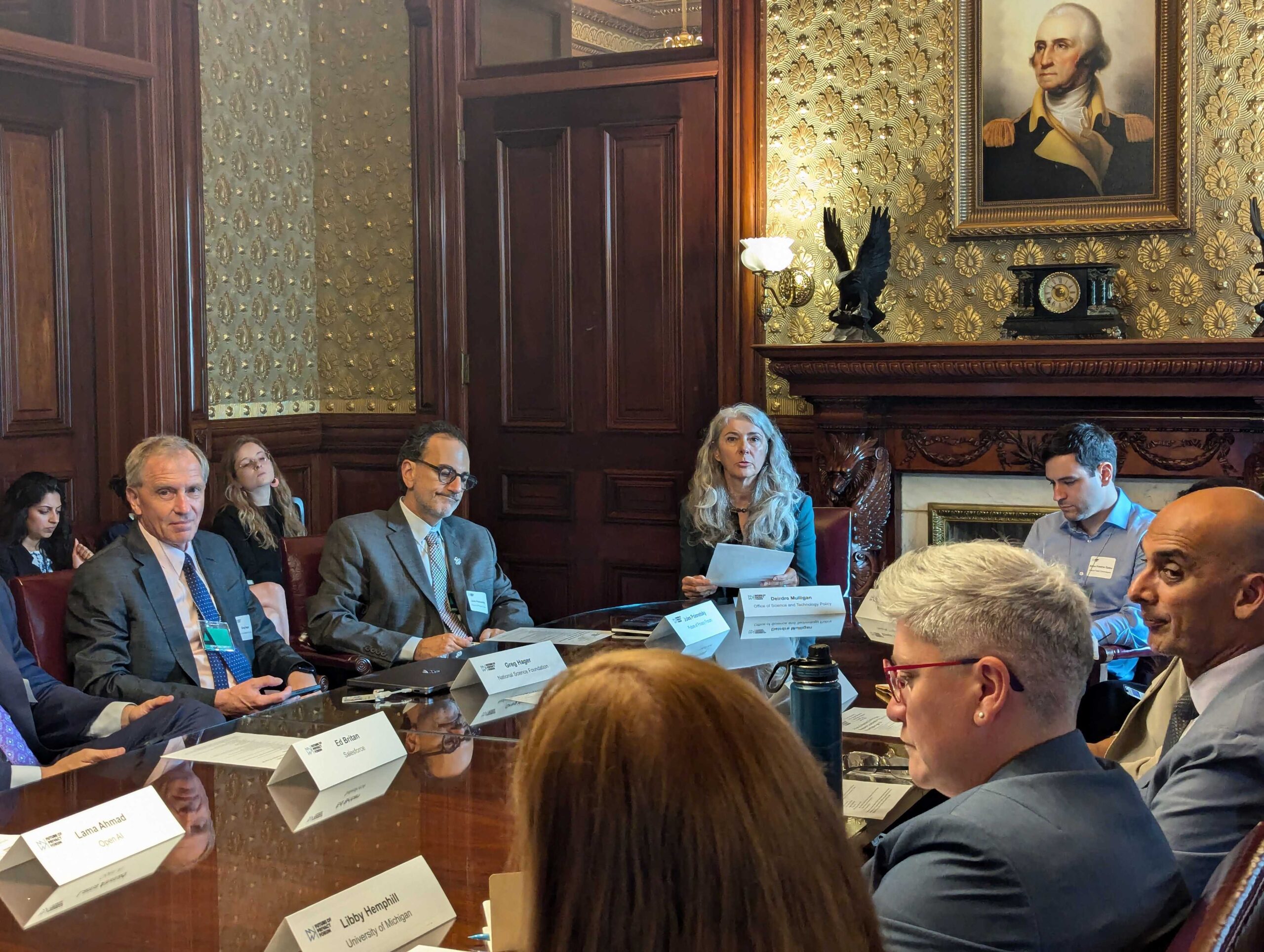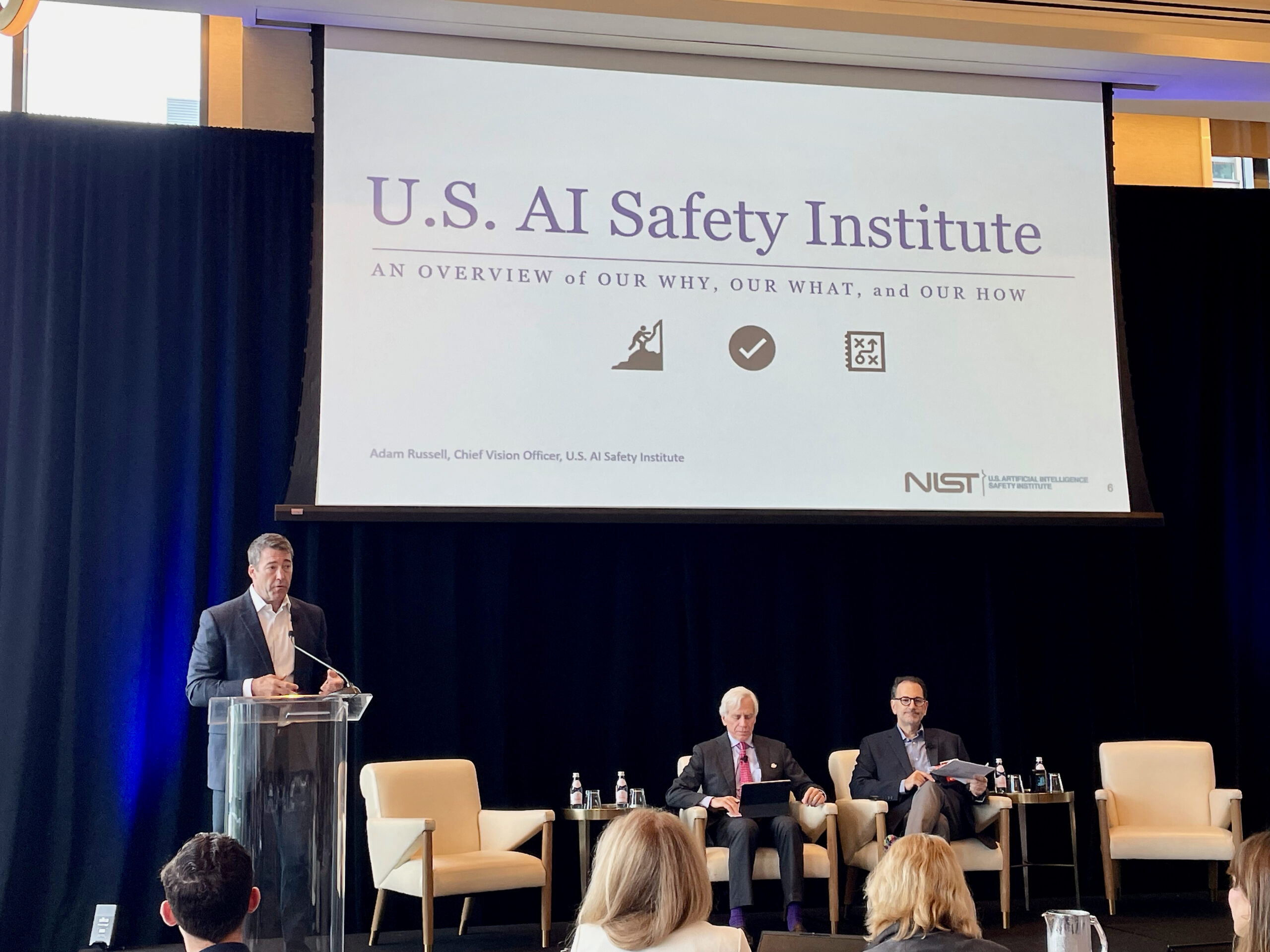Showing results for virg use promo code xped afghanistan

Connecting Experts to Make Privacy-Enhancing Tech and AI Work for Everyone
[…] bias, especially when it comes to AI decision-making systems; Greater clarity about how regulators apply data protection laws to information subjected to PETs safeguards could increase the use and effectiveness of Privacy Enhancing Tech; Analysis of existing PETs implementations can yield important insights into the opportunities and challenges of particular tech and approaches. Virtual […]

Reflections on California’s Age-Appropriate Design Code in Advance of Oral Arguments
[…] interpret these online protections. Age Assurance Technologies: Legislators have proposed the need for using technology to either infer or verify a user’s age before allowing them to use certain services, including in some states social media or adult content. You can read more about the knowledge standards of currently enacted laws in our blog […]

NEW FPF REPORT: Confidential Computing and Privacy: Policy Implications of Trusted Execution Environments
[…] Forum (FPF) published a paper on confidential computing, a privacy-enhancing technology (PET) that marks a significant shift in the trustworthiness and verifiability of data processing for the use cases it supports, including training and use of AI models. Confidential computing leverages two key technologies: trusted execution environments and attestation services. The technology allows organizations […]

A First for AI: A Close Look at The Colorado AI Act
[…] to recognized frameworks such as the NIST Artificial Intelligence Risk Management Framework (NIST AI RMF). Conduct Impact Assessments annually, which must include the system’s purpose and intended use cases, any known or reasonably foreseeable risks of algorithmic discrimination, risk mitigation steps taken, categories of data processed for system use, the system’s performance metrics, transparency […]

FPF Launches Effort to Advance Privacy-Enhancing Technologies, Convenes Experts, and Meets With White House
[…] (AI) and other key technologies. FPF’s RCN will bring together a multi-stakeholder community of academic researchers, industry practitioners, policymakers, and others to identify key barriers to responsible use of PETs and opportunities for PETs to enable ethical data use and sharing. Some PETs offer new anonymization tools, while others enable collaborative analysis on privately-held […]

Chevron Decision Will Impact Privacy and AI Regulations
[…] ongoing efforts such as the FTC’s Commercial Surveillance and Data Security Rulemaking, updates to the Child Online Privacy Protection Act (COPPA), and inter-agency efforts to prevent the use of discriminatory automated systems in the housing market and workplace. For the last forty years, the Chevron doctrine (Chevron v. NRDC) has provided an analytical framework […]

AI Forward: FPF’s Annual DC Privacy Forum Explores Intersection of Privacy and AI
[…] Reddit and Wikipedia, regurgitating skewed knowledge. Global Convergence and Hyperlocal Regulation FPF’s Tatiana Rice moderated “AI Legislation: States to the Rescue?” with Del. Michelle Maldonado, D-VA, 2024 Virginia House of Delegates Communications, Technology, and Innovation Committee, and Senator Robert Rodriguez, Majority Leader, Colorado General Assembly, where both discussed the importance of recent privacy laws […]

Comprehensive Privacy Anchors in the Ocean State
[…] reasonably necessary to provide or maintain a requested product or service. In contrast, the RIDTPPA does not include a data minimization requirement or similar restriction on secondary use of personal data. Previously, Iowa and Utah were the only such state laws to not impose a data minimization requirement. Absence of Opt-out Signal Preferences: Rhode […]

Reproductive Rights Have Been Privacy Rights For 50 Years
[…] to Executive Order 14076 on “Securing Access to Reproductive and Other Healthcare Services,” the Department of Health and Human Services (HHS) recently issued a rule prohibiting the use of reproductive information for investigative or prosecutorial purposes where “reproductive care may be assumed to be lawful in the context it was given” and emphasizing confidentiality […]

The World’s First Binding Treaty on Artificial Intelligence, Human Rights, Democracy, and the Rule of Law: Regulation of AI in Broad Strokes
[…] 223. While the principle-based Convention 108 was designed to be technology-neutral, its modernization was deemed necessary for two key reasons: 1) to address challenges resulting from the use of new information and communication technologies, and 2) to strengthen the Convention’s effective implementation. Through the process of modernization, Convention 108 is now better recognized as […]
